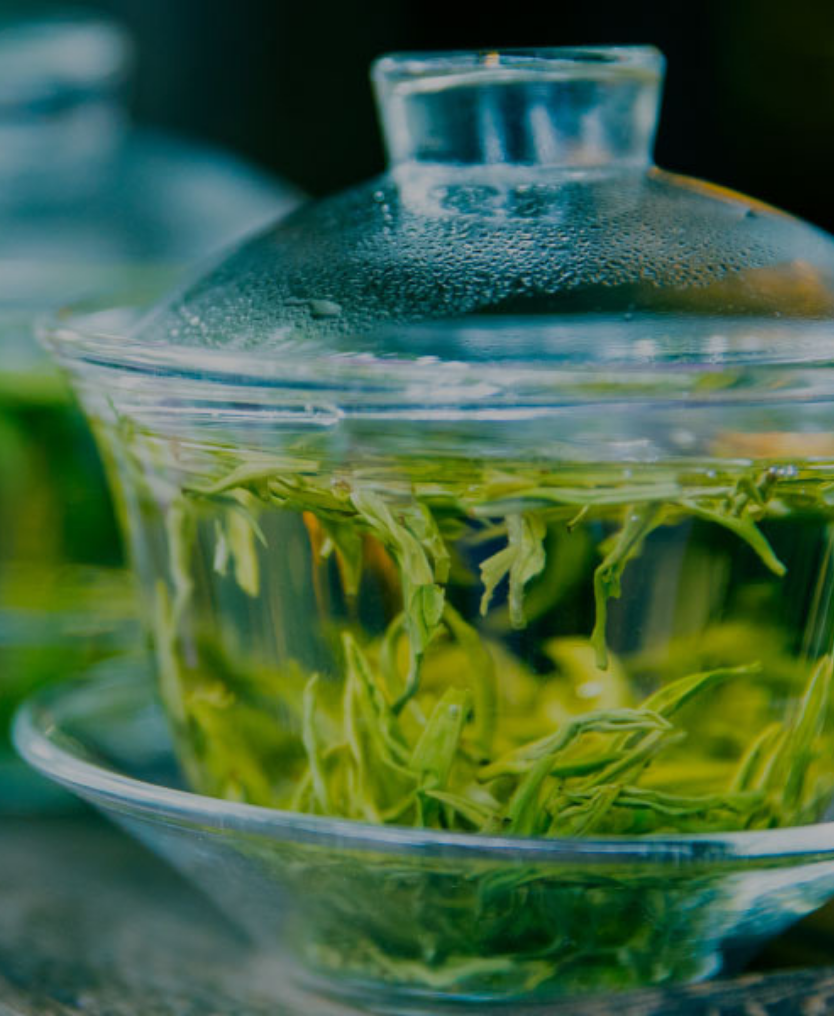Tea is very fragile and can quickly acquire an undesirable foreign taste. For this reason, we recommend that tea is always well sealed and protected from foreign odors, water vapor and especially from light.
Preferably, put the tea together with the London Tea packaging in a metal or cardboard box. In the case of special Japanese lacquer or paper tins with an inner lid, the tea can also be emptied directly into it.
Completely useless for storing tea are:
plastic containers, glass containers, wooden containers
Matcha and green tea specialties can also be stored in a
well-sealed container in the refrigerator. This will prolong the freshness.
Generally, we use the unfiltered tap water of the Basel region when pouring the teas.
Whether green, black, white or oolong - all teas come from the same plant. The differences lie in the processing of the tea leaves. White tea is only plucked and dried, green tea is heated to keep it green, black tea is fermented and oolong is partially fermented (so it is between black and green tea).
